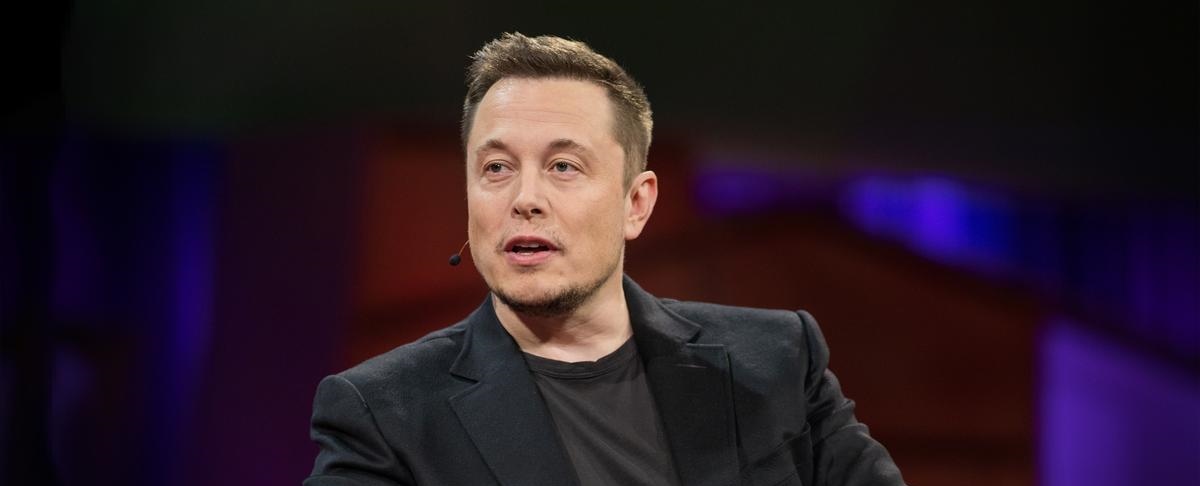The power of failure
March 12, 2018 | Expert Insights

Entrepreneur Elon Musk has admitted that his ground breaking company SpaceX was alive only by the “skin” of its teeth. The company is said to revolutionize space travel but has suffered through some failures in the recent months.
Background
Elon Musk is a South African-born Canadian American business magnate, investor and inventor. He is listed by Forbes as the 53rd richest person in the world. As of January 2018, his net worth is $20.9 billion. Best known as the Founder, CEO and CTO of SpaceX, a private aerospace manufacturing and space transport services company, Musk is known for his aspiration to enable the colonisation of Mars, and reduce costs of space travel within the next two decades.
SpaceX was the first privately funded company to successfully launch, orbit, and recover a spacecraft. It was certified for military launches in 2015. The company currently flies missions to the International Space Station under a cargo resupply contract with NASA. In 2017 alone, SpaceX launched 18 crafts.
Zuma is a high-secrecy satellite commissioned by the US government. It was launched by SpaceX on its Falcon 9 rocket in January 2018. Zuma was reportedly built by American global aerospace and defence technology company Northrop Grumman.
Analysis
Falcon Heavy, SpaceX’s latest mission, was launched from the Kennedy Space Centre on the 6th of February. Falcon Heavy is a reusable super heavy-lift launch vehicle. At $90 million per launch, it is capable of carrying double the capacity of the second most powerful rocket in the world, at one third the cost. The livestream of the launch event was watched by 2.3 million live viewers. The rocket’s test payload was Musk’s old red Tesla roadster, with a mannequin nicknamed “Starman” in the driver’s seat.
Marked by high expectations, the company has had to deal with some public failures in the recent months. The launch of the Zuma satellite proved to be unsuccessful just days after the launch. Additionally, in case of the Falcon Heavy satellite, only one of three engines on the centre booster ignited during its descent. This resulted in it hitting the water next to the droneship at a speed of over 480 km/h (300 mph).
During a recent Q&A, Musk himself admitted that both his companies (Tesla and SpaceX) were only alive by the “skin of their teeth.” He noted, “I gave both SpaceX and Tesla a probability of less than 10% likely to succeed. At the beginning in 2002, I wouldn't even let my own friends invest as I didn't want to lose their money.” He added, “SpaceX is alive by the skin of its teeth, and so is Tesla - if things had just gone a little differently, both companies would be dead.”
Despite recent failures, SpaceX is being heralded as the future of private space travel. Musk continues to push the barriers on what is expected. He admitted that he has his sights set on launching the Mars rocket by 2019. "We are building the first ship, or interplanetary ship, right now," Musk said. "And we'll probably be able to do short flights, short up and down flights, during the first half of next year."
Musk is among many entrepreneurs in the world who have historically faced failure only to push through. One example is the tech giant Apple. Even though today it is one of the most valuable companies in the world, many of its initial releases were marred by failure. Products like QuickTake Camera and Apple Lisa ultimately paved the way for the company to learn from its failures and improve on its legacy. The story of billionaire Bill Gates is also one that defied expectations in face of failure. Before launching Microsoft, Bill Gates was a Harvard University dropout and co-owner of a failed business called Traf-O-Data. Driven by his passion for computer programming, Gates built what would become the world's largest software company. By 31, he became the youngest self-made billionaire in the world.
Assessment
Our assessment is that innovation often occurs in the face of failure. Many of the biggest success stories today would not exist if they didn’t begin with disappointments. The ambitions set by Elon Musk for SpaceX are massive. If he is successful is reaching his intended agenda, that could potentially change humanity itself – after all at the core of SpaceX is Musk’s dream of colonizing Mars.








Comments